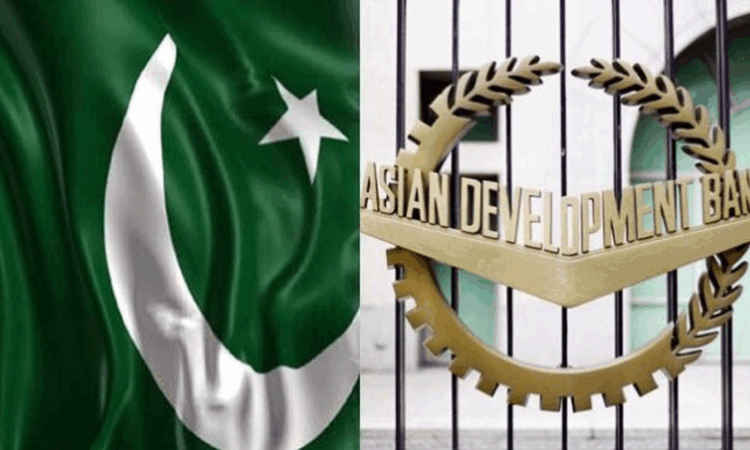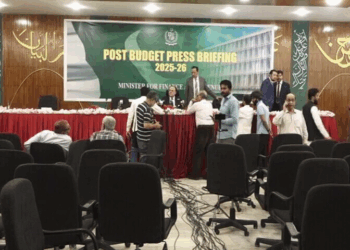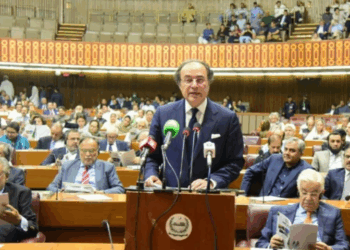Islamabad, June 3, 2025: The Asian Development Bank (ADB) has approved an $800 million financial package for Pakistan under its Resource Mobilization Reform Program (Subprogram-II), according to an official statement from the Ministry of Finance. The package includes a $300 million policy-based loan (PBL) and a $500 million program-based guarantee (PBG).
The development comes as a result of concerted diplomatic efforts by Pakistan’s Ministry of Economic Affairs and Ministry of Finance. Officials stated that the initiative aims to enhance domestic resource mobilization, improve fiscal discipline, and strengthen the country’s tax administration system. The reforms are expected to help broaden the revenue base and support Pakistan’s journey toward economic self-reliance.
In its Asian Development Outlook Annual Report 2025, ADB projects Pakistan’s real GDP to grow by 2.5% in FY2025, maintaining the same pace as the previous fiscal year. The bank forecasts growth to increase to 3.0% in FY2026, contingent on continued reform implementation.
“Pakistan’s economy has benefitted from improved macroeconomic stability through robust reforms in tax policy and energy sector viability,” said Emma Fan, ADB Country Director for Pakistan. “Sustained implementation of these policies is essential to reinforce the growth trajectory and build fiscal and external resilience.”
Notably, the ADB’s board approval was delayed by five days, following a request from India to review the loan documentation. The original meeting was scheduled for May 28, but was rescheduled to June 3.
Dr. Kazim Niaz, Secretary of Economic Affairs, confirmed the delay, explaining that under ADB rules, any executive director can request a one-time extension. India exercised this right, reportedly after failing to prevent the approval of a $1 billion loan tranche for Pakistan by the International Monetary Fund (IMF).
While ADB’s country office declined to comment, the development has drawn attention to the need for proactive diplomatic engagement by Pakistan’s representatives in international financial institutions such as the World Bank, IMF, AIIB, and ADB.
The procedural delay at ADB occurred against the backdrop of heightened India-Pakistan tensions, which escalated following a deadly attack in Pahalgam, Indian-Illegally Occupied Jammu and Kashmir (IIOJK) on April 22 that left 26 people dead. India accused Pakistan of involvement without presenting evidence—allegations Islamabad strongly denied, calling for an independent investigation.
The situation rapidly deteriorated, with India suspending the Indus Waters Treaty, cancelling visas, and closing border crossings. These actions triggered reciprocal measures from Pakistan. On May 7, hostilities intensified as both sides exchanged missile strikes, with Pakistan downing multiple Indian warplanes and retaliating against strategic Indian sites.
A US-led diplomatic initiative brokered a ceasefire on May 10, though both countries continue to engage in a war of narratives. Despite the regional volatility, Pakistani officials confirmed that the five-day ADB delay did not affect external financing plans, and that funds are expected to be transferred to the central bank following the board’s approval.








